With all due respect, we are fooling ourselves if we think we can know ourselves without knowing God or know God without knowing ourselves. You can’t have one without the other. Here’s why.
“MAN, KNOW THYSELF”
We shall not even begin to delve into the convoluted Egyptian and Greek history that tries to explain the origins of the poignant phrase, “know thyself.” Suffice it to say that in leader development, many practitioners like me are in a hurry to get to exciting things like vision and mission and to teach skills like communication, team-building etc. but when we skip the essential task of helping people to first discover more of themselves, pay attention to themselves, there is imminent danger on an already treacherous leadership journey. “Man, know thyself,” said Socrates and apparently many other ancient Greek sages.
There are many reasons why self-awareness is important, like discovering the strengths and weaknesses of one’s personality (DISC, Enneagram or Myers Briggs as examples), uncovering how one’s ancestry affects their present attitudes, emotions and actions (using a genogram, for example), unveiling blind spots, discovering one’s giftedness (eg. using a StrengthsFinder assessment), exploring one’s cultural values (basic values survey) etc.
All that being said, it may astound you how knowing ourselves and knowing God are inextricably linked.
SIAMESE TWINS
I don’t know if using conjoint twins is the best analogy for illustrating this but Scripture, church history, current research and umpteen experiential anecdotes have proven beyond doubt that “a heart to know God more intimately requires an openness to discover oneself more truthfully” (Reese 2012, 57) and vice versa; also, that “true knowledge in the life of faith is always a “double knowledge.” We cannot know ourselves without knowing God or know God without knowing ourselves.
ANCIENT WORDS
Just check out what a few significant voices from the past have said about this double knowledge for nearly 2,000 years:
- Augustine (354-430): “Grant, Lord that I may know myself that I may know thee.”
- Bernard of Clairvaux (1090-1153): “Know yourself and you will have a wholesome fear of God. Know God and you will also love God. You must avoid both types of ignorance, because without fear and love, salvation is not possible. Without knowledge of self, we have no knowledge of God.”
- Julian of Norwich (c. 1342-c. 1416): “For our soul is so deeply grounded in God and so endlessly treasured that we cannot come to knowledge of it, until we first have knowledge of God, who is the Creator to whom it is united. …And all of this notwithstanding, we can never come to the full knowledge of God until we first clearly know our own soul.”
- Thomas à Kempis (c. 1380-1471): “a humble self-knowledge is a surer way to God than a search after deep learning.”
- John Calvin (1509-1564): “Our wisdom, in so far as it ought to be deemed true and solid wisdom, consists almost entirely of two parts: the knowledge of God and the knowledge of ourselves… The knowledge of God and the knowledge of ourselves are bound together by a mutual tie.”
- Blaise Pascal (1623-1622): “To know God and yet know nothing of our own wretched state breeds pride; to realize our misery and know nothing of God is mere despair; but if we come to the knowledge of Jesus Christ we find our true equilibrium, for there we find both human misery and God.”
PAY DOUBLE
No wonder the apostle Paul said to his mentee “pay close attention to yourself.” Of late I have staged a ‘rebellion’ against corporate leadership and the self-help/motivational industry because of the wanton decoupling of ‘religious life’ from reality. My frustration with church leadership also is when “these answers we know from Scripture” and “the questions we have in our life” are not really matching up well (Reese 2012, 60) and all this theology doesn’t seem to go anywhere or land in reality.
The most liberating thing for me in the final chapter of David G. Benner’s The Gift of Being Yourself is that “genuine Christ-following will always make us more, not less, human” (88). And I adore the Lord Jesus Christ for showing me the way: “By becoming fully human, Jesus leads us to the fulfillment of our humanity. By being fully God, he leads us to God” (88). Hallelujah!
As Benner puts it, “The anthropological question (Who am I?) and the theological question (Who is God?) are fundamentally inseparable” (83). I have become very, very, very, very wary of a multi-billion dollar self-help/motivational industry that has no place for God. Very. Or a musty theology that is not grounded in the reality of being human. Double knowledge, my friends. We’ve got to pay attention, twice.
Works Cited
Reese, Randy D., and Robert Loane. 2012. Deep Mentoring: Guiding Others on Their Leadership Journey. Downers Grove, IL: InterVarsity Press.
Benner David G. 2015. The Gift of Being Yourself. Downers Grove, IL: InterVarsity Press.

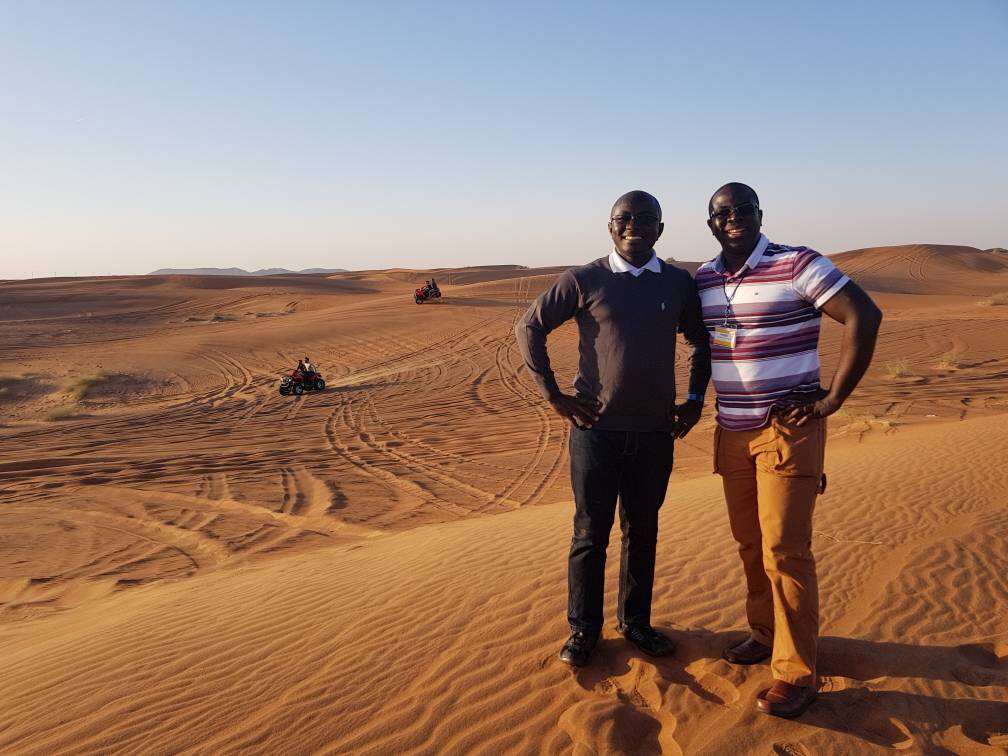


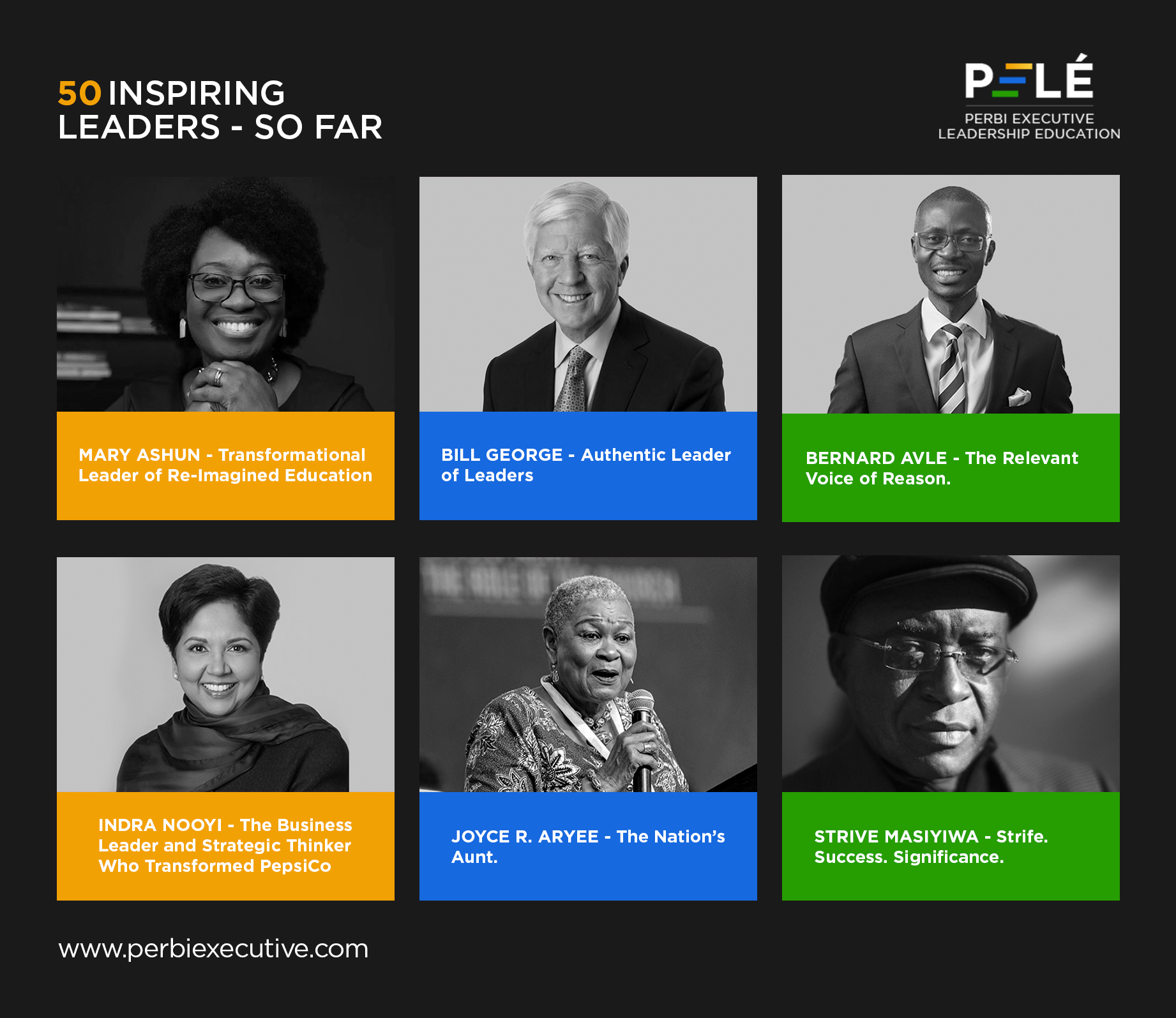
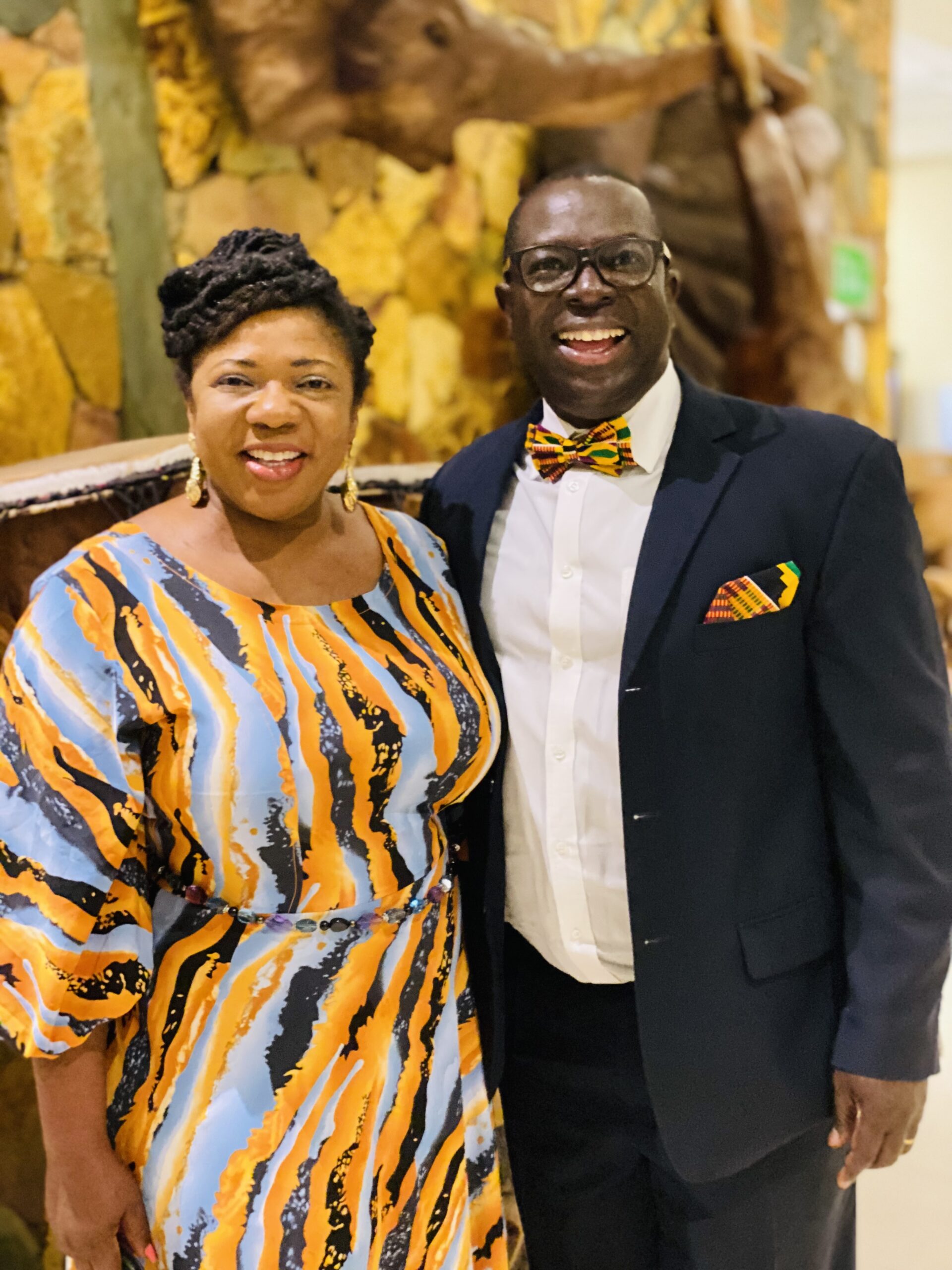
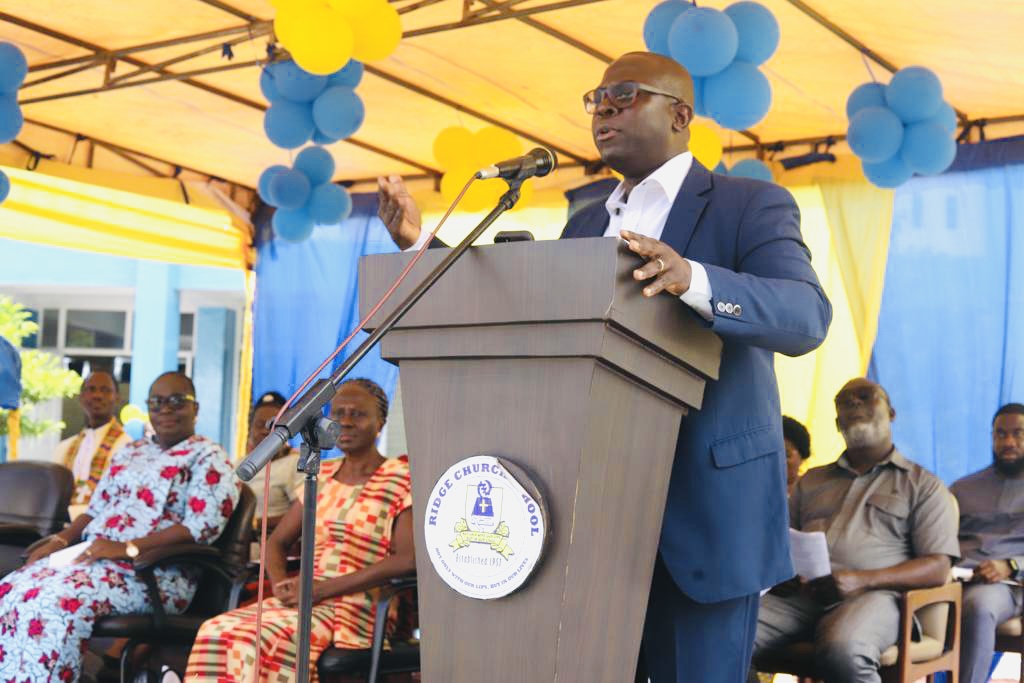
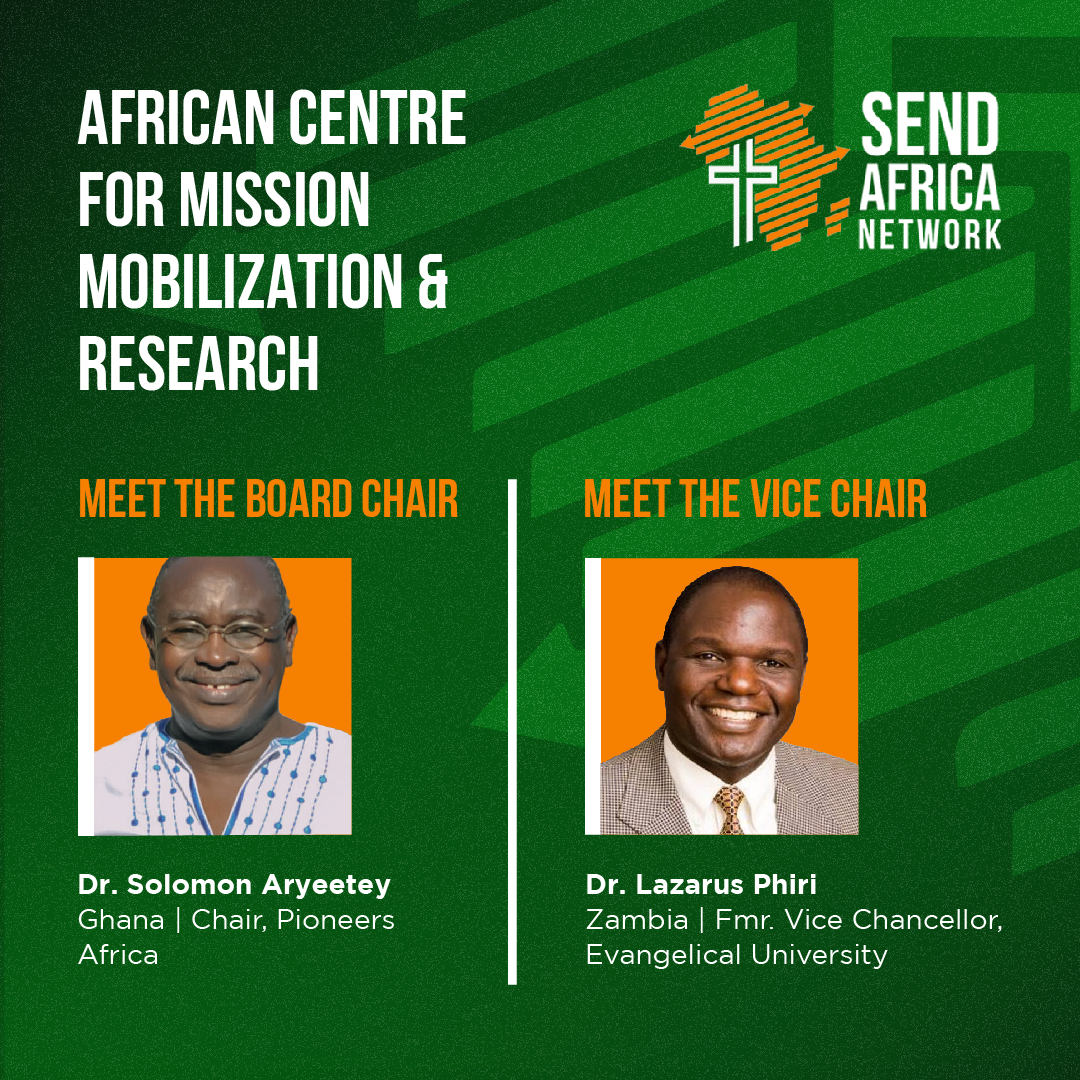

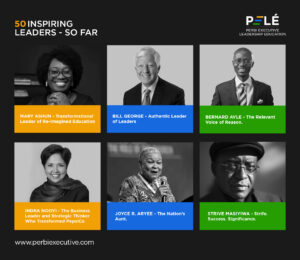
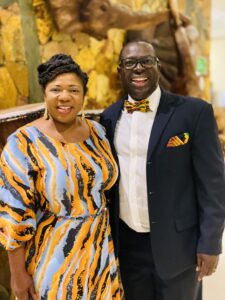
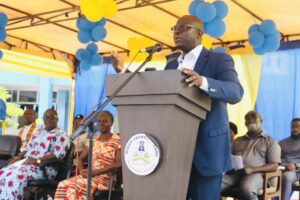

2 Comments
God bless you Dr. Perbi!
God bless you more, Jonathan, as you learn more about yourself and your Maker.